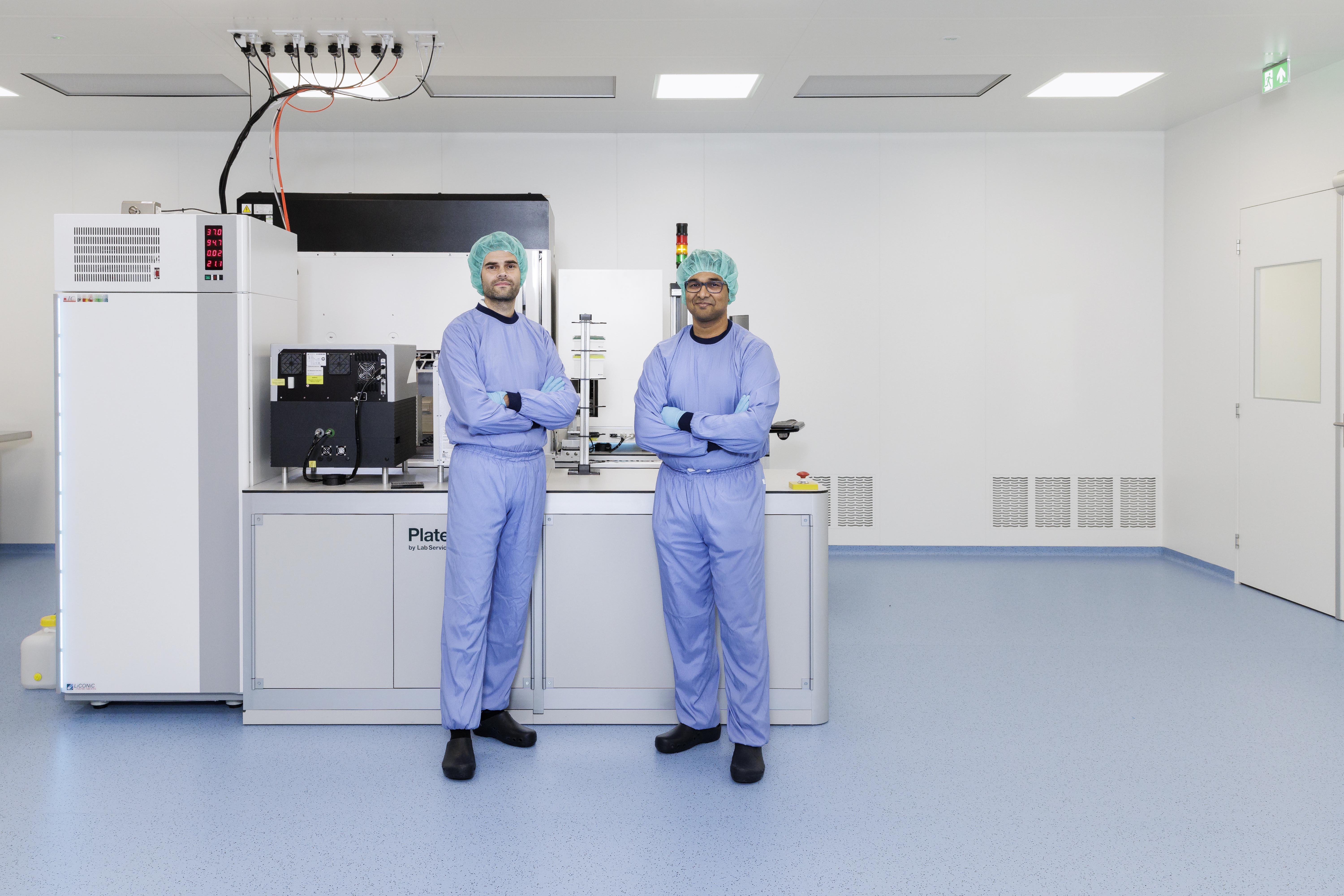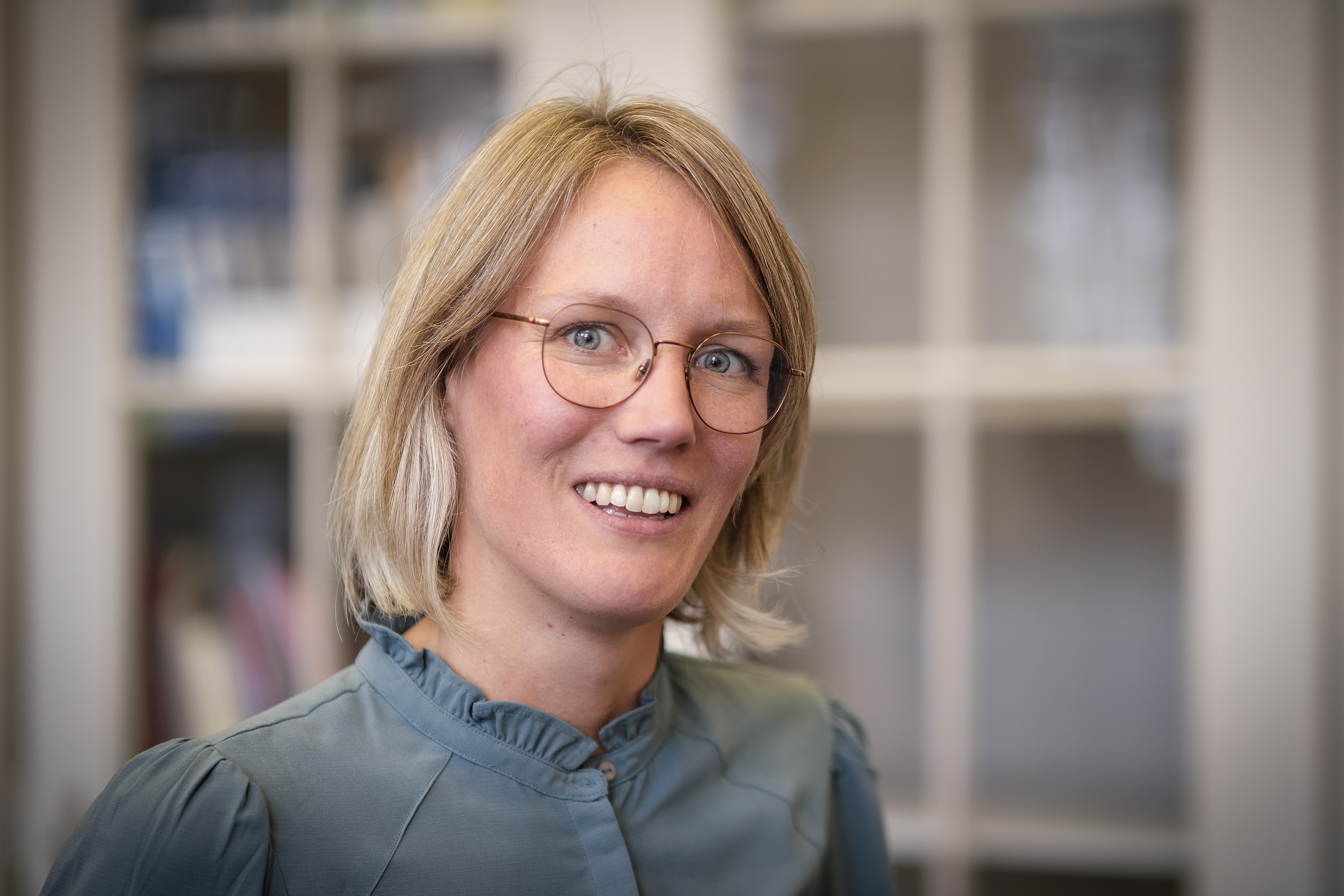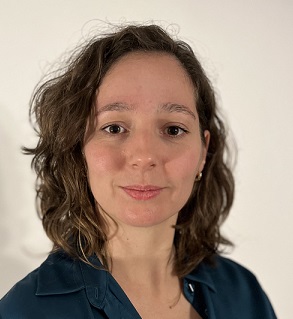News
-
In Europe, particularly in the Netherlands, RegMed XB is gearing up to take on the United States, Japan and Israel in the field of regenerative medicine. ReGEN Biomedical—affiliated with Maastricht University and a spin-off of RegMed XB—is building a facility to grow human tissue that will one day...
-
A stop to migration? Setting aside the nitrogen regulations? Radically countering internationalisation in higher education? Politicians regularly make great pronouncements. To what extent are these promises realistic? Dr Karin van Leeuwen, lecturer of European Political History at the Faculty of...
-
Marielle Wijermars and Christian Herff will receive this year's KNAW Early Career Award. The Award is intended for researchers in the Netherlands who are at the beginning of their careers and who have innovative, original ideas.
-
In their current election campaigns, almost all political parties stress that ‘every region matters’. Party manifestos are full of plans to promote broad prosperity in all regions of the Netherlands. Broad prosperity comprises not only material wealth, but also well-being, including issues such as...
-
Many governments offer financial support to unemployed job seekers with the aim of increasing their willingness to look for work outside their local labor market. Research by Maastricht University shows that this sometimes does more harm than good
-
Two consortia led by CAPHRI researchers Dr. Rowan Smeets and Prof. Dr. Gera Nagelhout have received a Science Communication grant from the National Science Agenda (NWA). The aim of the projects is to bring science and society closer together.
-
School-leavers from secondary education (vmbo, havo and vwo) from the 2020-2021 school year are less likely after graduation to move on to an advanced program in mbo, hbo or wo compared to one year earlier. This and more is shown in the annual school leaver survey by the Research Center for...
-
Interview with Dr. Merel Rosemarie Aberle on her PhD thesis. Aberle tested how best to conduct research with organoids to contribute to personalised treatment.
-
Daisy Jonkers, scientific director of the NUTRIM research institute and professor of Intestinal Health, is calling for more inclusivity and diversity in scientific research. Why is this important, and how can we make research more diverse? “It’s no longer just about the number of publications or...
-
After over 23 years of ‘Prof. Nanne de Vries at UM’, our university community gathered at the beginning of November for his farewell lecture. During the lecture, what we already knew was confirmed yet again: with De Vries’ departure, we are saying farewell to an exceptionally intelligent...








